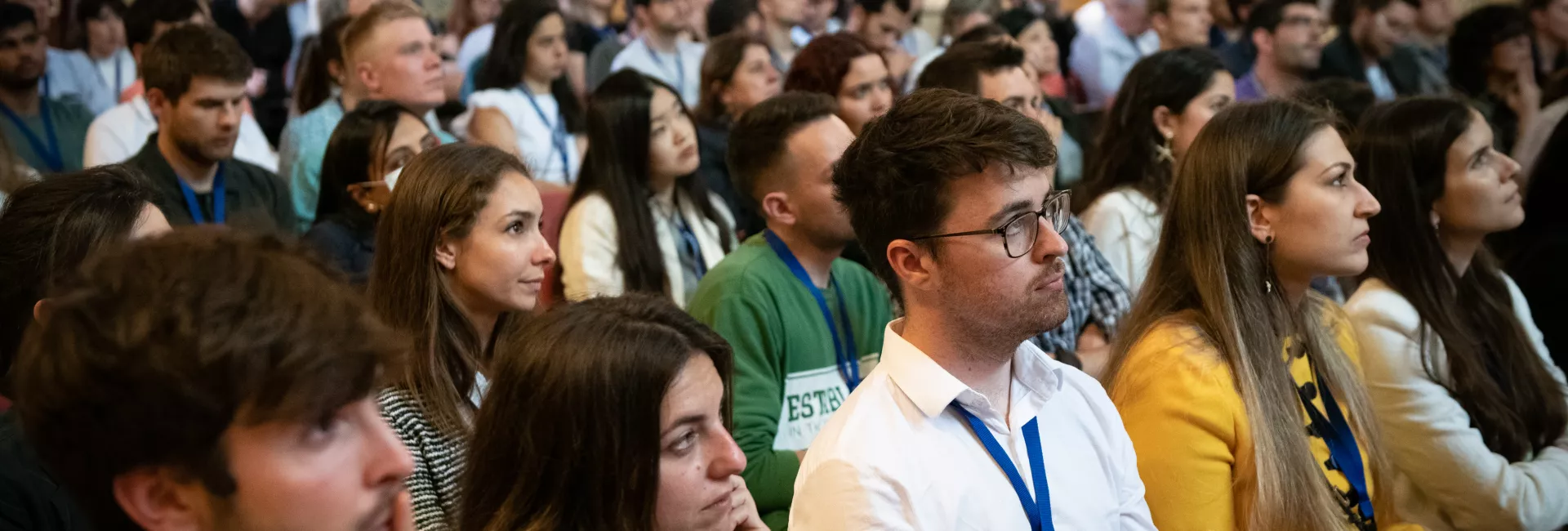The workshop will provide a general description of the unit, an introduction to basic statistical concepts, an overview of research integrity topics and research data management, and hands-on experience of bioinformatic tools available on the web.
Presentation
The workshop will be organised in two blocks. In the first section, you will be introduced to the unit - who they are, what they do and don’t do, and how to approach them. You will then learn about the basic statistical concepts needed to understand and communicate biostatistical analyses. Closing the first block, key elements of experimental design will be highlighted: initial setup and planning of your experiment, characteristics to take into account, how to correctly pose the question that your experiment should answer, and the steps required to ensure successful analysis.
The second block will start with an overview of key research integrity concepts related to experimental design, interpretation and reporting of results. This will continue with an introduction to data management in the research environment and finish with a review of web tools and databases useful for biomedical research.
Speakers:
- Camille Stephan-Otto Attolini - IRB Barcelona Facility Manager
- Oscar Reina: Senior Research Officer
- Adrià Caballe: Research Officer
- Lidia Mateo: Research Officer
Date: Tuesday 29 March from 14:00 to 17:30 and Thursday 31 March from 14:00 to 17:30
Location: Tower I – Room 1 (Parc Científic de Barcelona)
Registration: Fill in the registration form here before 24 March. A confirmation email will be sent to all participants.
The workshop is offered exclusively to members of IRB Barcelona and BIST and has limited places.
If you are registered to participate and finally cannot attend, please send an e-mail to phd@irbbarcelona.org in order to give others the opportunity.
Speakers
Camille Stephan-Otto Attolini - IRB Barcelona Facility Manager
Camille has a degree in pure mathematics (UNAM, Mexico, 2002) and a PhD in biomathematics from the University of Vienna (2006). Her doctoral research was devoted to the relationship between genotype and phenotype and its impact on the origin of life and evolution. She moved to MSKCC in New York for a postdoctoral position in mathematical modeling of cancer as an evolutionary process. She joined the biostatistics and bioinformatics unit at IRB in 2010, performed as acting manager since June 2013 and was recently appointed manager of the facility.
Oscar Reina – Senior Research Officer at IRB Barcelona.
MSc Computer Science (UPC) / MSc developmental biology and genetics (UB) and a PhD in biomedicine from the University of Pompeu Fabra (2018).
During the last years Oscar has combined the problem-solving approach acquired as a Computer Science engineer with a formal background in biology and genetics, as well as with a strong experience in biostatistics, developing and using computational methods for genomics data analysis, integration and visualization
Adrià Caballe– Research Officer at IRB Barcelona.
Lidia Mateo - Research Officer at IRB Barcelona
PhD in Biomedicine (UPF) / MSc in Bioinformatics (UPF).
With a solid background in health and life sciences, Lídia has specialized in computational biology and has been devoted to biomedical research during the last 7 years spent at the Institute for Research in Biomedicine. As a PhD she investigated the genomic determinants of interindividual variability in drug response in the oncological setting. Later on, she became involved in the molecular characterization of several disease models and acquired experience in the analysis of different types of biological data, mainly single cell and bulk RNA-seq.

